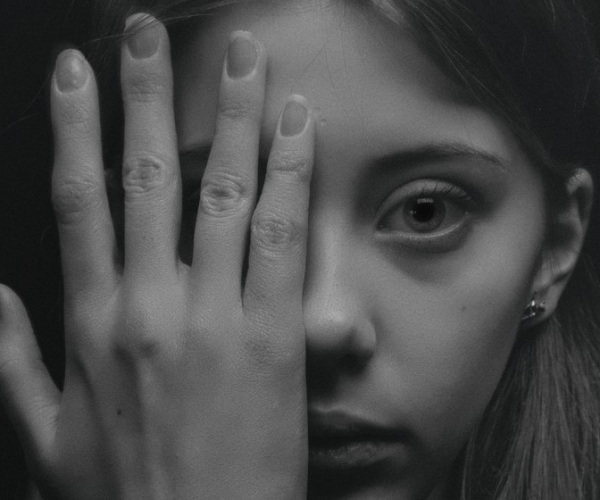OCD treatment for children

Helping children understand what OCD actually is, is a very important part of treatment itself.
OCD can lead to a lot of distress and confusion for the young person and their family. A child can easily blame themselves and begin to think there is something seriously problematic or ‘wrong’ with them.
A family member may be tempted to ask their child to ‘just stop what you are doing’, as if they were behaving in a particular way on purpose – which of course is not the case. Both of these responses will likely make the young person feel worse, cause family conflict over the issue, and even strengthen the OCD.
A very helpful part of OCD treatment can be establishing the idea that OCD is a problem that the child and family need to fight against together. That the child and their support team (including parents, siblings, extended family, school teacher, psychologist etc) can go into ‘battle’ AGAINST the OCD.
Most importantly, that OCD is the problem, NOT the young person and NOT your family. This process is called ‘externalising OCD’ and is important in helping the child feel that they are not to blame or at fault, and that they can develop some power over an external ‘bully’ (the OCD) which has been hassling them and pushing them around.
A fun way to do this is to encourage your child to create a name and character to represent their OCD. They may even enjoy drawing a picture and thinking about its bossy qualities. It might look like some kind of monster or creature, or anything that the child creates to represent the OCD symptoms. It can be a funny nickname or something more serious. Whatever feels right for your child.
This picture and name can then be used during treatment stages, particularly with Exposure and Response Prevention steps (see our previous blog), to encourage the child to battle against the OCD monster or bully, as opposed to fighting some part of themselves. Eg.) “we are standing up to the OCD bully!”
If your child has OCD, or you suspect they might, feel free to contact our Clinicians to learn more about supporting your child to externalise their symptoms and other treatment techniques.